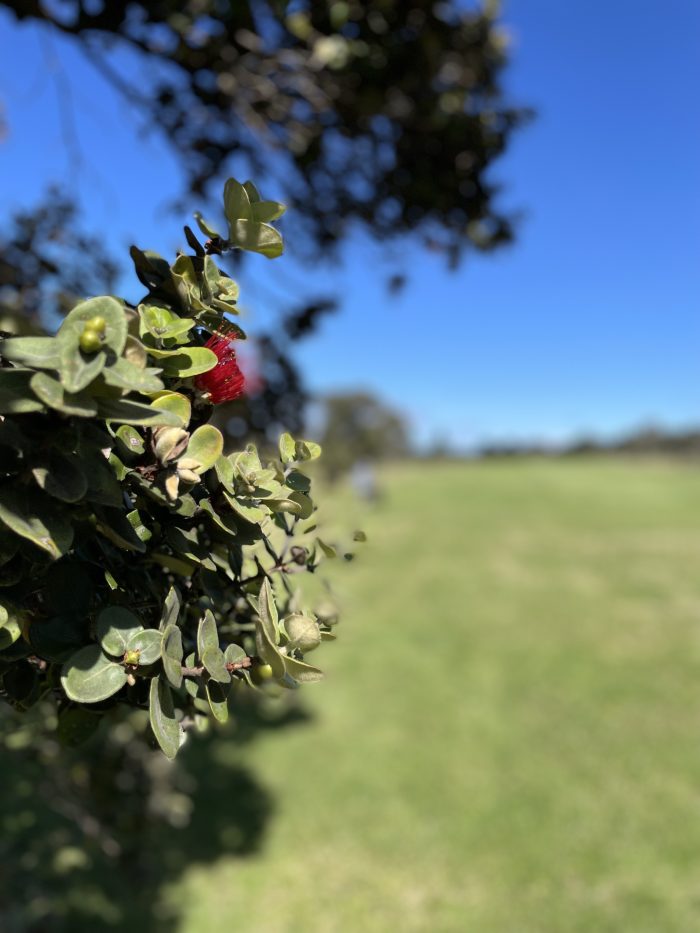A Once Young Poet Faces Age
As a young poet in Cambridge, my rent-controlled ½ bedroom walk up had a gas log on an old stove that sat next to a broken window the landlord forgot to fix. Like Valery in Traviata, as soon as I contracted tuberculosis or AIDS, the cold would seal my fate. An early death, the unpublished, handwritten poems on my desk, these were the keys to immortality!
After all, I was studying at a famous university with a great poet, who was keener on preying on vulnerable women than teaching us how to count syllables, but the poetry gig promised sex . . . and death. I could hear it what the Great Poet called Auden’s ‘miraculous ear’, could recite ‘the terrifying’ Robert Frost. Dating was a matter of reading Rilke in the original followed by renouncing all avenues to a normal life. Forget 27. For rock and rollers in diapers. Baudelaire died at 36; That seemed like a noble age.
But none other than Shakespeare’s (sonnet 127) drops a damning line: Sland’ring creation with a false esteem. My ‘dark talent’ years were just that, a mask, a feigned fearlessness in the face of death. I learned this not from self-reflection, but from the fact that no editor found my strophes worth publishing. At thirty, with an imagined six years to live, I had no pubs and passed the age at which Plath, Rimbaud, Sexton and others perished, after busting some serious rhymes. But I? I should have been boning up on 401Ks and 529s rather than reading Les Fleur Du Mal.
I mean, life wasn’t all gloom and doom. Aside from my tormenting desk, I played a lot of round ball at the Central Square Cambridge Y (the famous lunchtime games with the late, great John O’Connor among others). I qualified for the Boston Marathon. O, and I had also begun to teach. One of my friend’s mothers – out of worry for her child no doubt — got me a job teaching at a local CC.
And a financial realism began to press in: Rumor had it rent control was in the populists’ crosshairs. I would soon no longer be able to live the high life on the salary of a lunch waiter at a falafel shop in Harvard Square. A former friend sent me a button of a Lichtenstein painting: A Dick Tracy type white under a bubble that read: ‘What was it? . . . Damn, I forgot to get a job.’ My one serious love, whose mother got me a teaching job, fell for, got married and had a kid with a local comedian.
In short order, what Fellini called ‘the full catastrophe’ came for me too. Married, soon with children, rent control voted out, we bought – at an FDIC auction – the last of a dairy farm in central Mass and began homebuilding. And a strange thing happened. A book of poetry on our project of rehabilitating a barn was published (Mellon, 2001). A second book (Finishing Line, 2011) sang about family life and the incredible love I felt all of us. The editors who had ignored my barbaric yawps about ‘whatever brute and blackguard made the world’ could hear love, not death, in the songs.
In work, in coaching, in family vacations, time – a life — passed as advertised. Instead of As I Walked Out One Evening, I recited whole episodes of Seinfeld. My go to literature as a teacher and coach became Weather.com. Instead of Auden’s miraculous ear, I wondered if Medicaid covers The Miracle Ear. To wit, I’d begun to understand what Wallace Stegner had said near his passing: The view of life after the age of 70 is incredibly stunning.
Still short of that age, but firmly in the grips of shrinking time, the full-on beauty of creation, the awe I first went to poetry for, has come into view; as the trappings of professional life fade, as kids leave home, sex and death become more threats than promises and the soul, God, Allah, Yahweh, the eternal seed, ki: with age some true measure of creation’s presence comes into focus, a purpose beyond our individual lives. Here’s hoping we keep our young people free and alive and patient enough to discover the same.


 Share on bsky
Share on bsky





Read 0 comments and reply